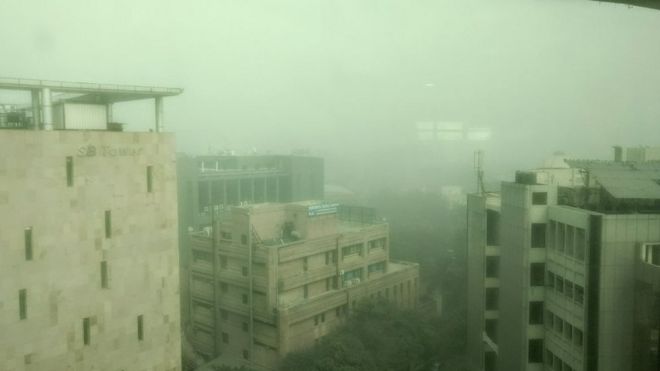
Panic has gripped the Indian capital, Delhi, as residents woke up to a blanket of thick grey smog on Tuesday.
Visibility is poor as pollution levels reached 30 times the World Health Organization's recommended limit in some areas.
The Indian Medical Association (IMA) declared "a state of medical emergency" and urged the government to "make every possible effort to curb this menace".
People have been posting dramatic pictures on social media showing the extent of the problem.
'Alarming'
The levels of tiny particulate matter (known as PM 2.5) that enter deep into the lungs reached as high as 700 micrograms per cubic metre in some areas on Tuesday, data from the System of Air Quality Weather Forecasting and Research website shows.
The IMA has also recommended that the city's half marathon, due to be held on 19 November, should be cancelled.
Most social media users have complained of breathing difficulties.
'Emergency'
The chief minister of Delhi, Arvind Kejriwal, has asked his education minister to consider shutting down schools for a few days.
Delhi sees pollution levels soar in winter due to farmers in neighbouring Punjab and Haryana states burning stubble to clear their fields.
Activists say very little has been done to stop the practice despite Delhi facing severe pollution for a number of years.
Low wind speeds, dust from construction sites, rubbish burning in the capital and firecrackers used in festivals also contribute to increasing pollution levels.
The government enacted a plan in October to combat some of these problems.
The plan includes traffic restrictions and the shutdown of a major power plant. Last year car rationing was trialled in an attempt to curb pollution.
But none of the measure seem to have had much impact.
Some Twitter users believe that the problem needs a long-term solution instead of a "piecemeal approach".




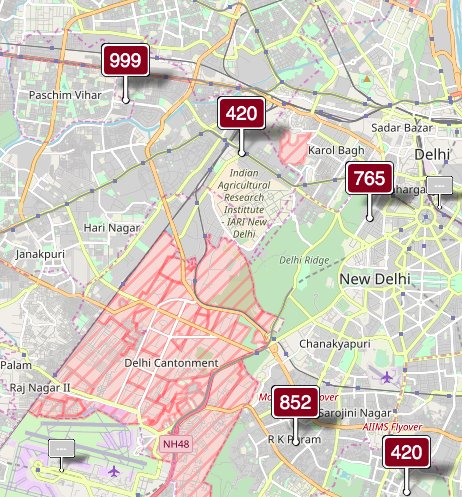
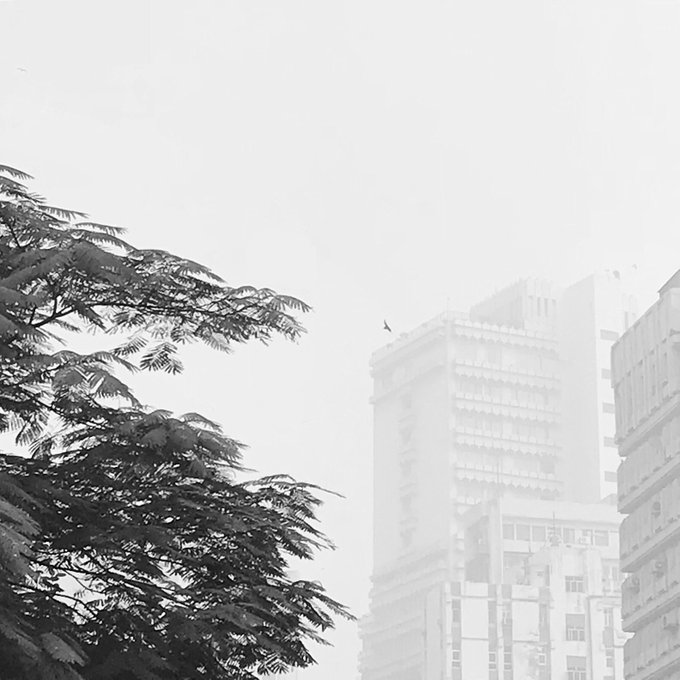
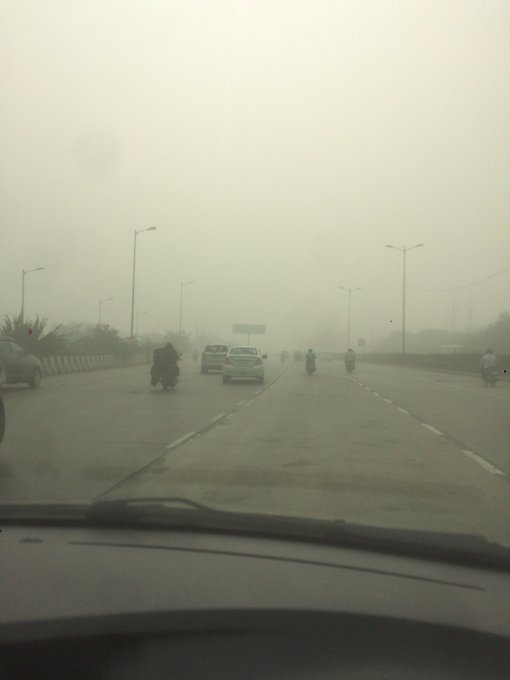
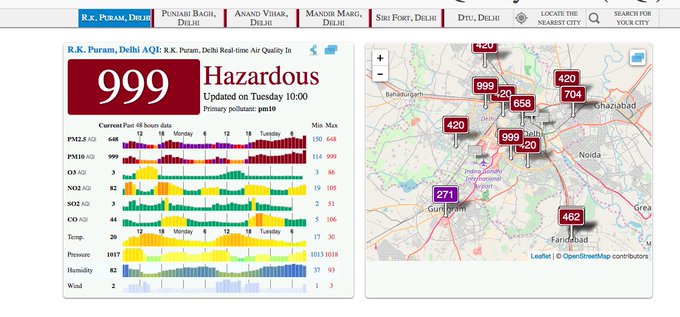
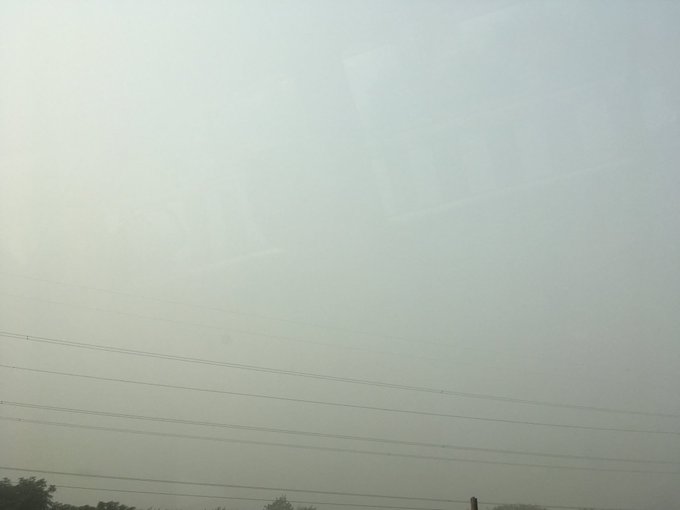
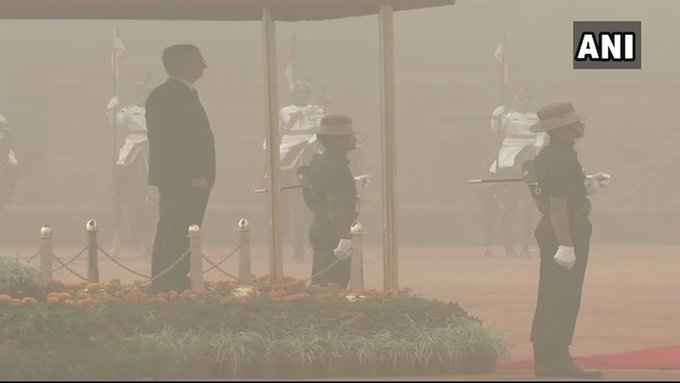
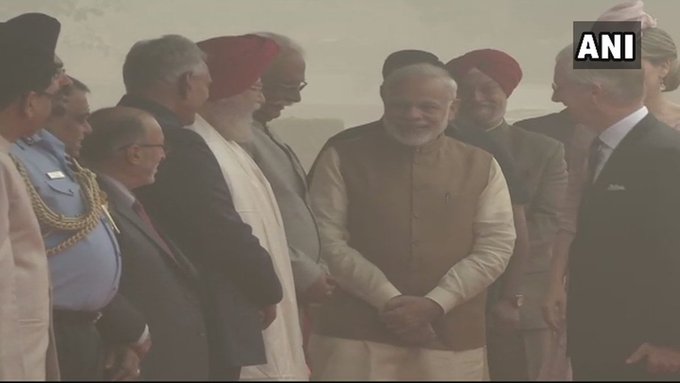



No comments:
Post a Comment